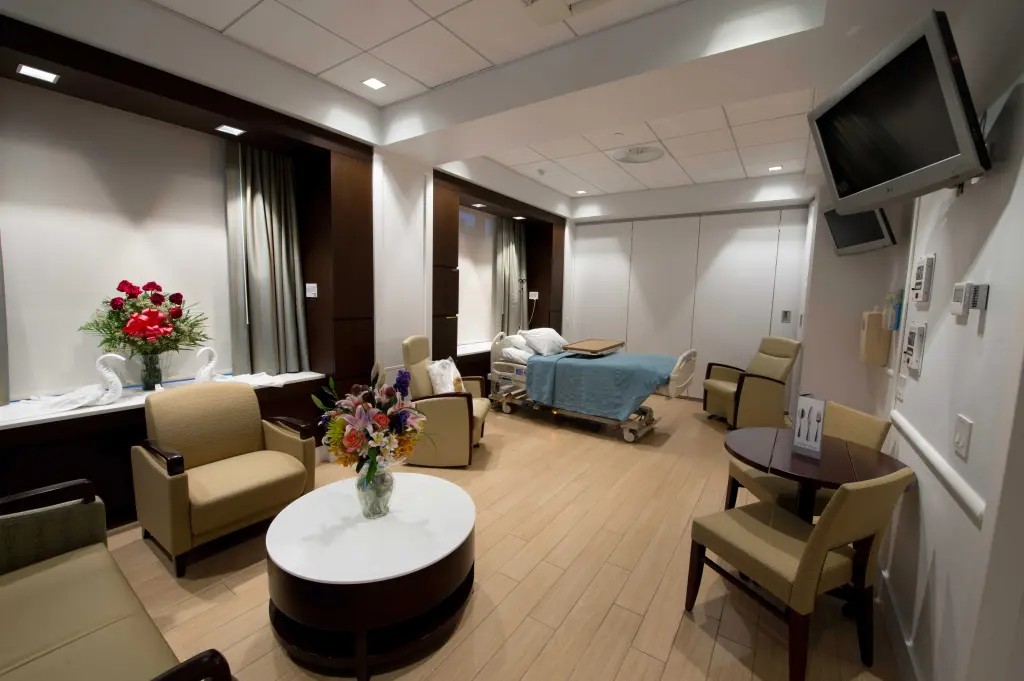If you want to be part of the elite, you need access to elite healthcare. And elite healthcare means only the very best doctors, hospitals, and treatments money can buy. For most people, this is simply not an option. But for the wealthy and powerful, it’s a given. They can afford to pay for the best of everything, including their health. This article would blow your mind if you thought you had seen it all. So, if you’re looking for top-notch medical care, don’t look elsewhere. I’ll show you the very best in the US, as well as some extraordinary choices from across the world. Hang tight and listen up because you are about to learn where the rich and famous go for their medical needs. Not only do these luxury hospitals have the best of the best in specialists, equipment, and services, but they offer first-class amenities. Some places offer personal chefs, luxury thread count sheets, and other hotel-like opportunities that will make you forget you are in the hospital. From heart surgery to maternity care, these medical care facilities are simply amazing. Check out where only the most elite get their healthcare.

Cedars-Sinai Medical Center in Los Angeles, California
The Cedars-Sinai Medical Center in Beverly Hills, California, is coming in at number one. Voted number one in California and number two in the Nation by US News & World Report’s Best Hospitals Honor Roll. And if that’s not enough for you, I mean, getting tippity-top-care, you may even room next to a Hollywood star, how about that? No seriously. It costs $1,000 to $3,000 a night for one of their luxurious suites is no joke. But living life as the top 1% just does not compare. The whole hospital does not have that price tag, but they have dedicated an entire floor to VIP access. This hospital not only has raving reviews from the patients and world-class publications but also is pretty high up there as far as employee satisfaction. I guess dealing with patients at such high levels does come with a reward.
High earnings and amazing employee perks are the order of the day. And along with that comes the gorgeous facility itself. From the outside, it looks more like you are arriving at a JW Marriott hotel than an actual medical facility. With perfectly manicured gathering areas and glass windows from top to bottom, you don’t miss any gorgeous Beverly Hills views. This place is a favorite among expectant celebrities. Surrounded by original works of art from Warhols and Picassos with rooms equipped with every luxury you can imagine. Gourmet meals, luxury linens and beds, cozy rubs, and doulas are some things these moms can expect in their maternity suites. But again, aside from the luxuries, it is a medical center that has pioneered neurosurgical and organ transplant programs.
